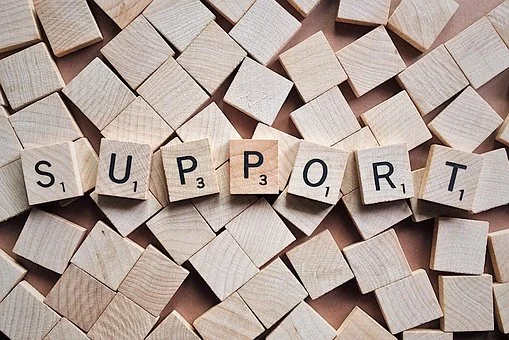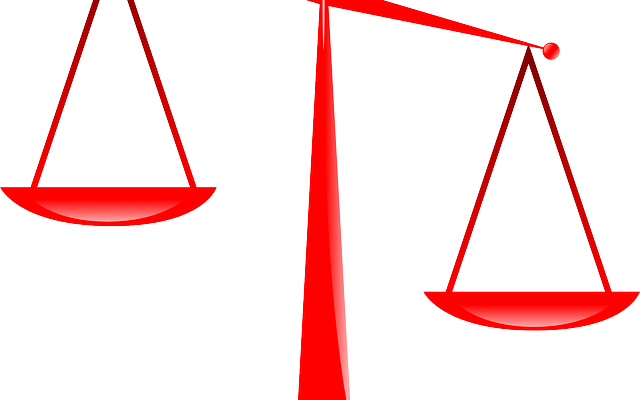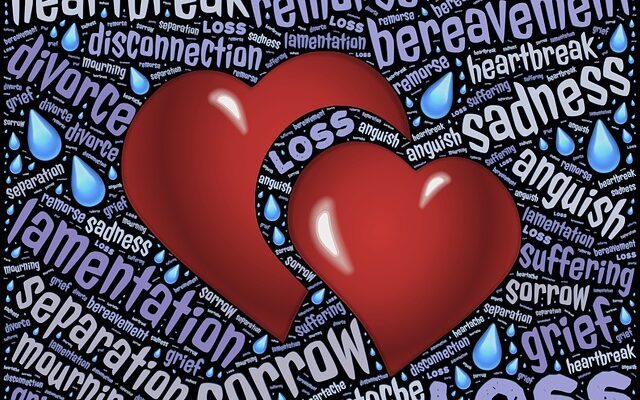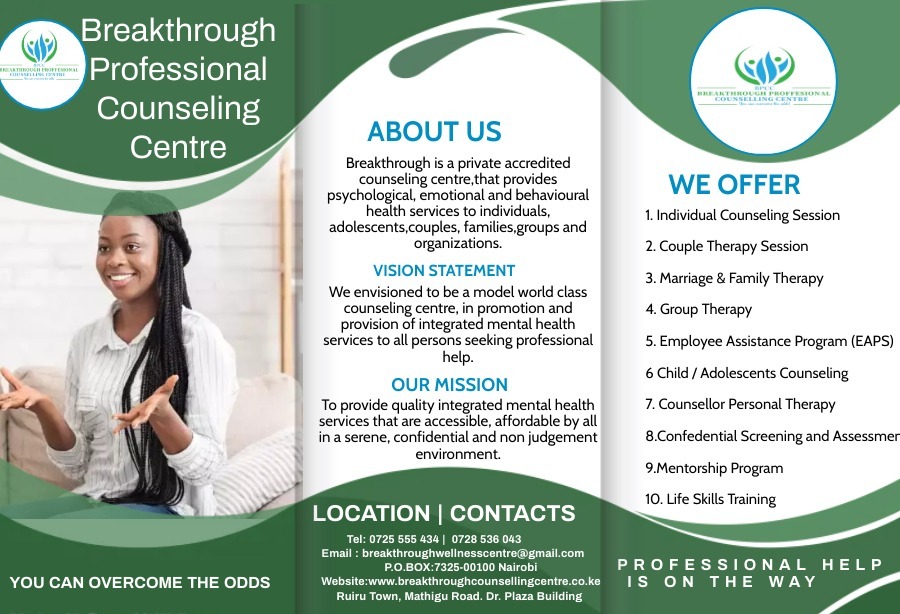Mistakes in Making Mistakes in Early Addiction Recovery
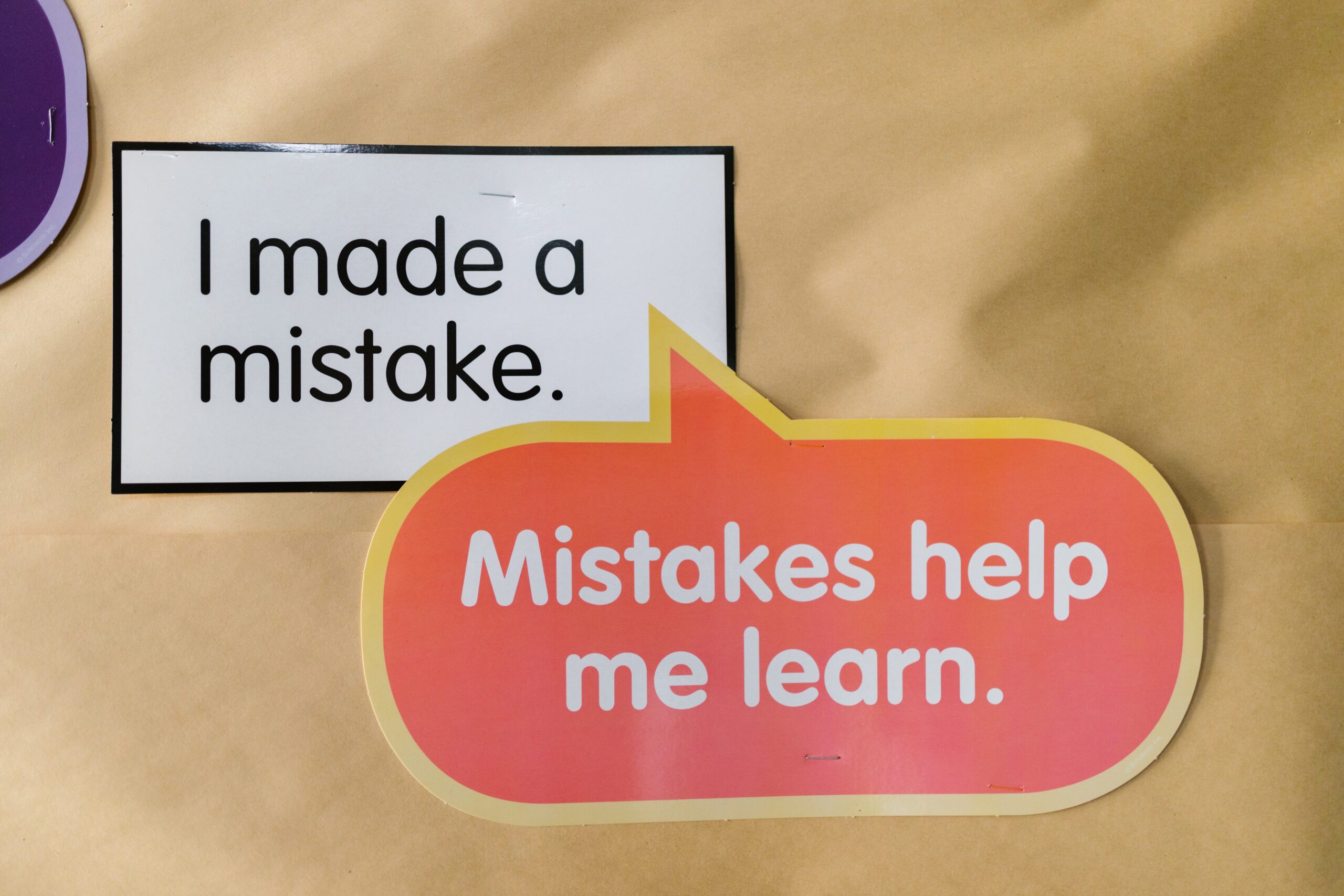
Everyone makes mistakes in life, similarly when you/ loved is recovering from any form of addiction one is prone to make a mistake that can be costly.
Making mistakes in early addiction recovery is an inevitable and natural part of the healing process.
In this life, no one is perfect this is because it is the nature of every human being.Therefeore,you don’t have to be hard on yourself.
However, some mistakes are easy to get away with while others are worse in that they potentially lead to a rebound/relapse and you should be very cautious/careful if you want to stay sober.
Recovering from any form of addiction is not a walk in the park and it is a process that requires time, discipline and consistency.
In this journey of recovery, you need to remember that learning from these mistakes can be a useful way of bringing about positive change in your life and seeing them as opportunities for growth will go a long way in improving the quality of your life and sobriety.
Fact, everyone makes mistakes whether you’re in an early, sustained or late/stable stage of recovery. There will be up and downs emanating from the usual triggers, cravings, and s daily living problems.
PS: these challenges you have to radically accept them.
Important to note, do not overlook the mistake that happens and you should never hesitate to reach for any kind of help you need from your sponsor, relatives, support groups or your therapist.
Some mistakes can be made in early recovery from addiction and all of us are undoubtedly going to make some of them.
These are things/ mistakes that potentially compromise your recovery. Below are some of the common mistakes that you might find yourself doing:
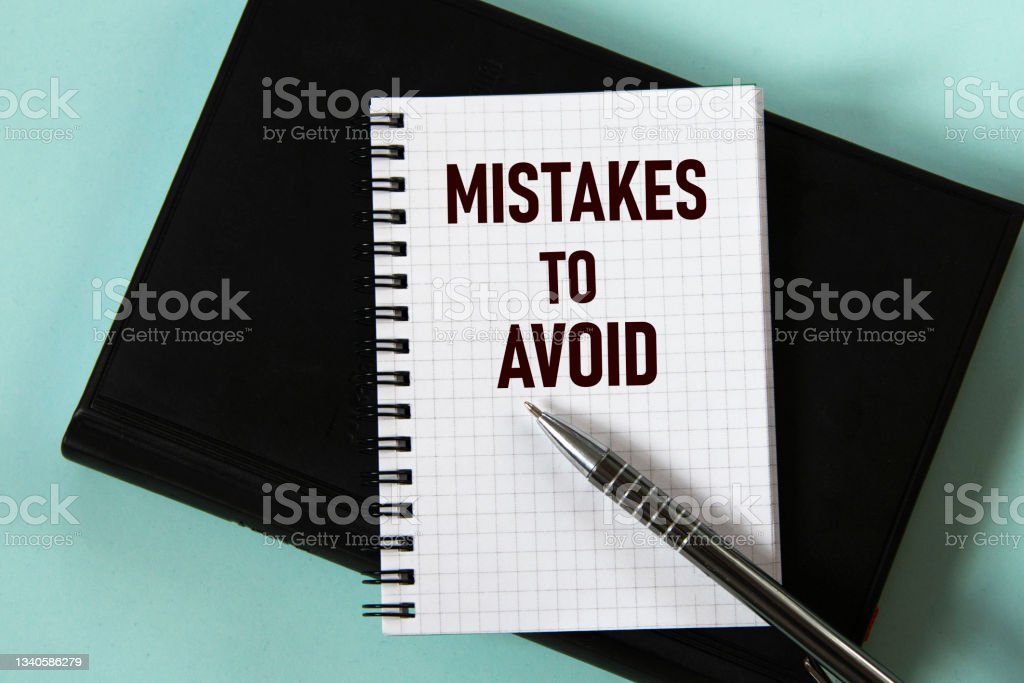
MISTAKES TO AVOID – words in a white notebook against the background of a black notebook with a pen. Business concept
1. Assuming that you are fully recovered
This brings about the need to test yourself whether you can use your drug of choice moderately hence full-blown relapse
2. Finding love in the wrong places
Looking for an intimate relationship in rehab while you are emotionally fragile and vulnerable or with someone battling with an addiction where you haven’t resolved the issues at hand?
3. Not Attending Support Groups
Support groups provide a recovery person with a platform to learn from those who attained sustained recovery. Choosing to go through the journey makes you vulnerable to using the drug of choice again.
4. Using Gate Way Drugs
Switching from a drug of choice to a drug that is more socially acceptable drug hence leading to cross-addiction. Similarly, quitting one drug of choice and choosing to continue with another drug.
5. Overconfidence
The belief that you can comfortably handle the triggers say going to a bar with a belief that you won’t use.
6. Hanging out with old frames and places
Entertaining people who still use and going to places where you use to take drugs may compromise your recovery journey.
7. Self-Medicating
Assuming the role of medical professionals while you are unwell you prescribe medication for example sleeping pills to yourself this leads to dependency and finding solace while in a distressful situation.
8. Know it attitude
Thinking that you can do it alone, prevents you from welcoming any form of help. The majority of people battling with any form of addiction fail to acknowledge and hesitate to accept help from others.
9. Procrastinating Behaviour
Keeping pushing ahead of things you should do, which you eventually fail to do and end up finding yourself with a pile of work that puts a lot of pressure on you.
10. Blaming self and others
Shifting blames to other people and failing to assume responsibility for your action. This way you allow room for dangerous emotions to set in say anger, resentments which are dangerous to your recovery.
11. Perfectionism and unrealistic expectations
Wanting things to be done in a certain way “MUST & SHOULDS” and if things don’t go your way. You become frustrated and disappointed with yourself and others. This simply becomes a setup to use again.
12. Keep on doing things, the same way and expecting different results.
Simply repeating the same mistakes, you had earlier done, and consciously commit to doing the same mistake with an expectation of bringing about change in feeling and behaviour. Sobriety demands not only quitting your drug of choice but behavioural change.
13. Letting Complacency set in.
Getting to a point of relaxing and not taking the initiative to better yourself. Staying in your comfort zone limits personal growth.
14. Use of Caffeine and energy drinks
Caffeine is a stimulant that has a relaxing effect and provides warmth to your body. However, excessive use of caffeine can lead to dependency and dehydrates your body which might trigger cravings for other drugs. Such as nicotine triggering high-stress levels.
Some energy drinks may mimic your drug of choice and when not available for use you may opt to use other drugs.
15. Bottling Up Emotions
The problem with bottling up emotions is that negative emotions interfere with your body’s homeostasis hence the production of the stress hormone called cortisol that weakens your immune system.
In this case, you are more vulnerable to psychosomatic illnesses which are set up to relapse.
16. Instant Gratification
This is a desire to experience satisfaction where you act on your impulses, and emotions and treat them like facts which hinders your discipline to avoid the temptation of using the first drink.
I feel bored now and need something to uplift my mood without considering the implications of your decision.
17. Taking Unreasonable Risks
Going to the same places such as pubs, and drug dens and hanging out with old flames who are in active use.
Using drugs again to check your level of tolerance or effect on you. Have your friends, old timers use drugs or have drugs leftovers in your own house?
18. People Pleasing Habits
Failure to guard your recovery by absorbing other people’s values at the expense of your well-being compromise your recovery.
19. Awfulizing and Catastrophizing Events
Seeing the worst outcome in every situation or rather Imagining the worst-case scenario of a situation that is not well-managed leads to safety behaviors of coping with negative feelings of anxiety.
20. Unrealistic Expectation recovery.
Another common reason why you might lose motivation to stay sober is having unrealistic expectations in recovery.
For instance, expect the environment and your friends to change to help you stay sober. The reality dictates that there are things that are within and beyond your control.
Similarly, setting high standards for yourself which are nearly impossible to attain, you can imagine how this then impacts your self-concept and mental health.
In conclusion, making mistakes in the early recovery process is a normal part of healing.
As the saying goes. human is to errors and prone to make mistakes knowingly or unknowingly. What is important is how you approach these inevitable mistakes.
Therapy may provide a way out and healthful ways to these mistakes to break the denial that maintains the behaviour and gets in your way of seeking help from others.
I hope you have picked one or two mistakes that may negatively impact your recovery/ loved one.
If you are wondering how to go about these pitfalls. Our addiction counsellors can help with challenges in early addiction recovery.
Read also:https://breakthroughcounsellingcentre.co.ke/is-your-brain-lying-to-you/is-your-brain-lying-to-you/

